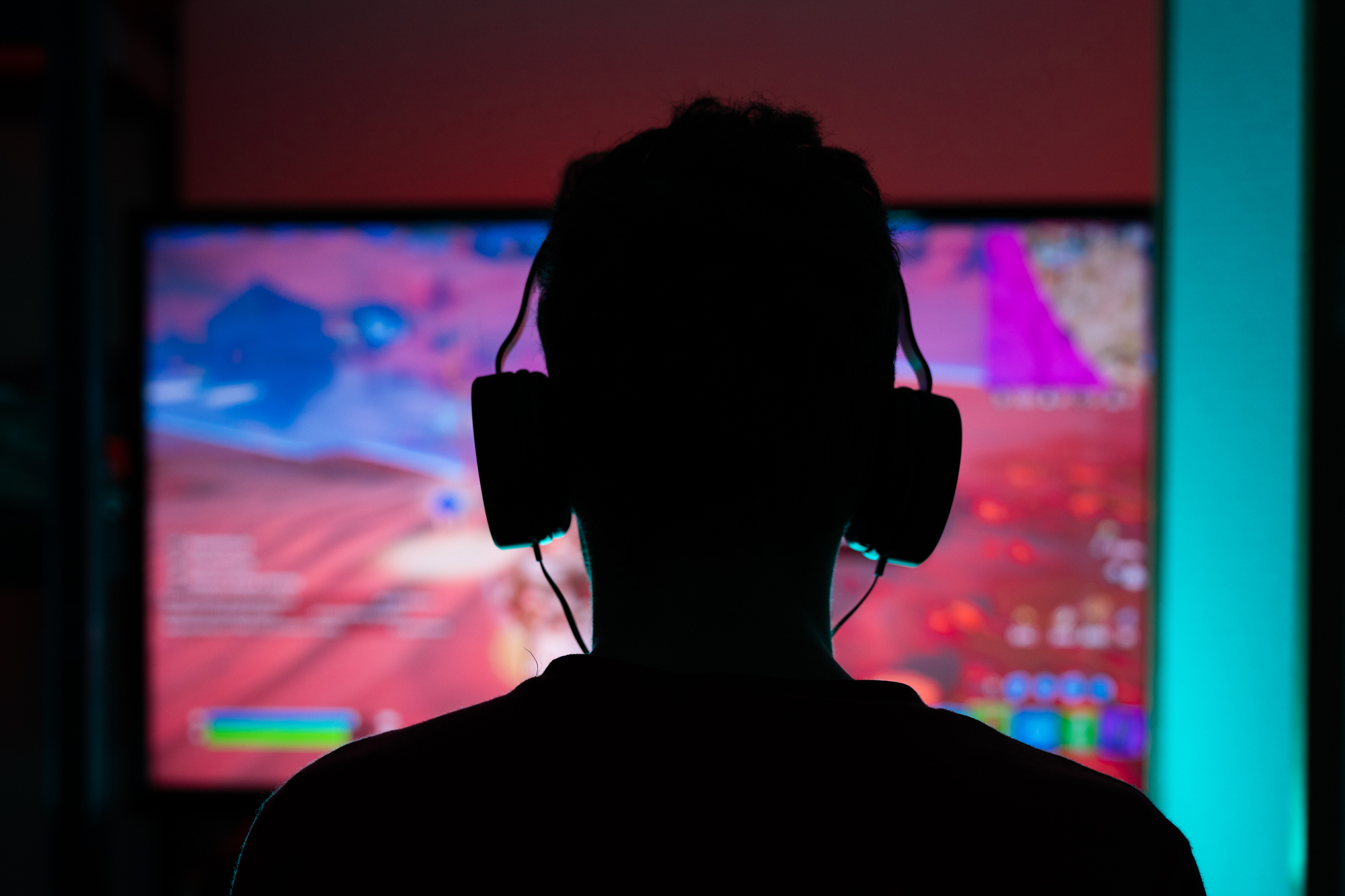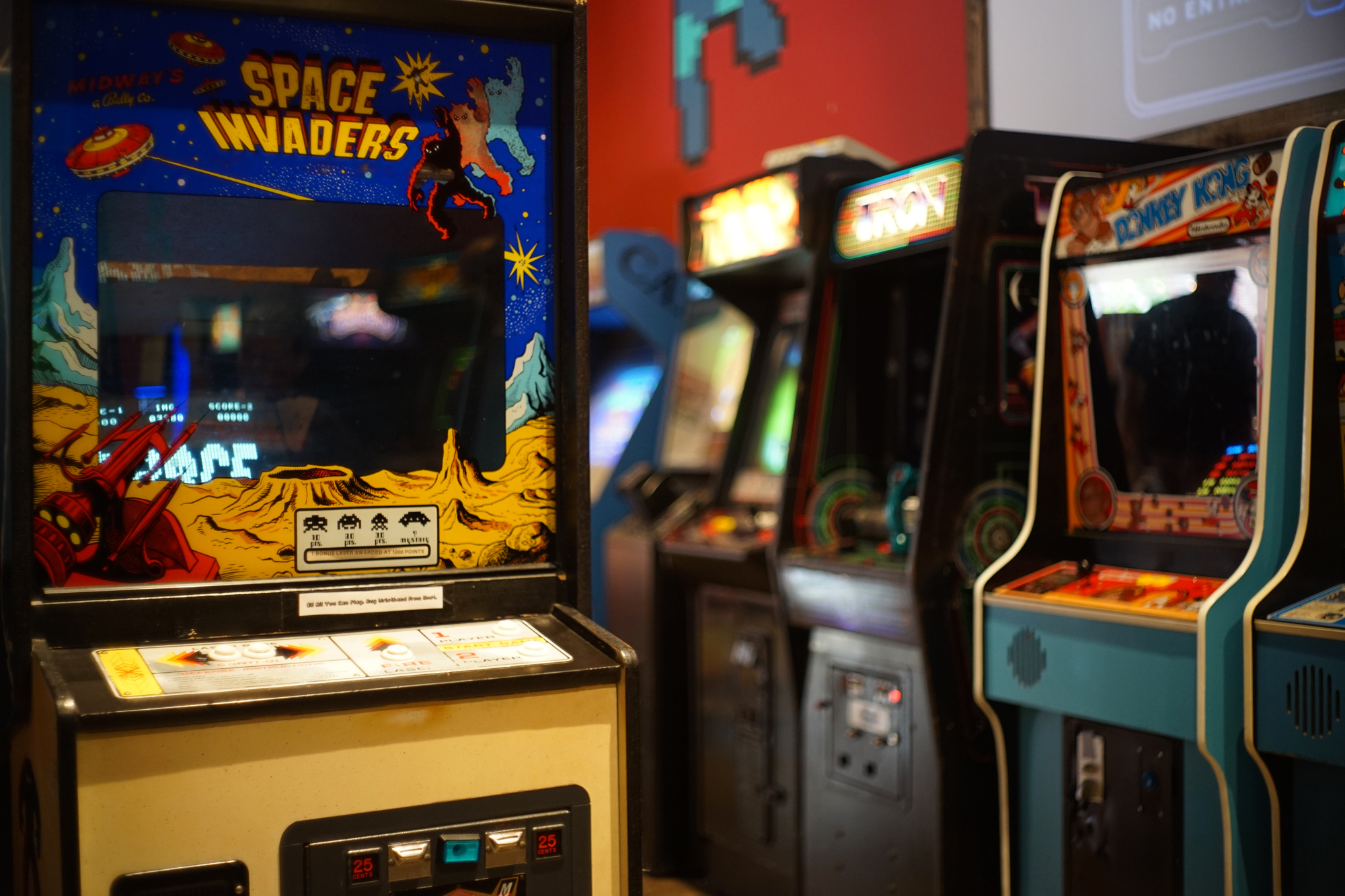Video games captivate millions of players worldwide, and achievements play a significant role in their appeal. These virtual rewards tap into fundamental psychological principles, driving engagement and motivation. Achievements in video games leverage the brain’s reward pathways, creating a sense of accomplishment and progress that keeps players coming back for more.
Game designers use achievement systems strategically to enhance player experience and retention. These digital accolades serve multiple purposes, from guiding gameplay to providing social validation. They can set performance expectations, increase self-efficacy, and offer satisfaction upon completion.
The psychology behind achievements extends beyond simple reward mechanisms. They often align with players’ innate desires for mastery, social recognition, and personal growth. By understanding these psychological drivers, game developers can craft more compelling and engaging experiences that resonate with players on a deeper level.
Underlying Psychology of Gaming Achievements
Gaming achievements tap into fundamental psychological drives, shaping player behavior and engagement. These digital rewards leverage core motivational principles and game design elements to create compelling experiences.
Motivational Factors in Gaming
Achievement systems in video games activate intrinsic motivation by fulfilling basic psychological needs. Self-determination theory suggests that competence, autonomy, and relatedness drive human behavior. Games satisfy these needs through challenges, choices, and social connections.
Points, badges, and trophies provide concrete feedback on player progress. This feedback loop reinforces feelings of mastery and growth. Achievements also allow players to set personal goals, fostering a sense of purpose and direction.
Social comparison plays a role too. Leaderboards and visible achievements enable players to measure their skills against others. This competitive aspect can boost engagement for some individuals.
Game Design and Player Engagement
Game designers craft achievement systems to maintain player interest over time. They often use variable reward schedules, similar to those found in gambling, to keep players invested. Unexpected or rare achievements can be particularly exciting for players.
Achievements act as guideposts, highlighting key game features or encouraging specific playstyles. This helps players discover content they might otherwise miss. It can also extend playtime by promoting replayability.
Positive psychology concepts inform achievement design. Games often reward effort and persistence rather than just innate skill. This growth mindset approach can boost player confidence and enjoyment.
Designers must balance achievement difficulty. Too easy, and they lose meaning. Too hard, and they become frustrating. Well-designed achievements provide a steady stream of attainable goals, keeping players motivated.
Video Games’ Impact on Mental Health and Well-Being
Video games can significantly affect psychological functioning, with both positive and negative outcomes depending on usage patterns and individual factors.
Cognitive and Emotional Benefits of Gaming
Video games can enhance cognitive abilities and provide emotional support. Research indicates that gaming improves focus, multitasking, and working memory. These skills often transfer to real-world tasks, potentially boosting overall cognitive performance.
Games also serve as effective coping mechanisms for many players. They offer stress relief and mood enhancement, providing a healthy outlet for frustration or anxiety. This aspect of gaming contributes to emotional well-being and can help manage daily stressors.
Some games foster positive youth development by promoting problem-solving skills and social connections. Multiplayer games, in particular, can build teamwork and communication abilities.
Risks and Challenges: Addiction and Mental Health
Excessive gaming can lead to addiction-like behaviors in some individuals. Video game addiction is characterized by loss of control over gaming habits, prioritizing games over other activities, and continued gaming despite negative consequences.
This type of addiction can negatively impact mental health, potentially leading to increased anxiety, depression, and social isolation. It may also interfere with sleep patterns, academic or work performance, and real-world relationships.
However, it’s important to note that moderate gaming does not typically cause these issues. The key lies in maintaining a balance between gaming and other life activities.
Social Dynamics and Achievement in Gaming
Video games foster unique social environments where players interact, compete, and collaborate. These digital spaces create opportunities for achievement and social support.
Community, Competition, and Collaboration
Gaming communities provide platforms for players to connect and share experiences. Competitive gaming drives achievement as players strive to improve their skills and rankings. Many games incorporate leaderboards and ranking systems, motivating players to excel.
Collaborative gameplay encourages teamwork and social bonding. Players work together to overcome challenges, solve puzzles, or defeat powerful opponents. This cooperation can lead to a sense of shared accomplishment and strengthen social ties.
Some games blend competition and collaboration, creating complex social dynamics. For example, team-based competitive games require players to cooperate with teammates while competing against opponents.
Online Social Support and Interaction
Video games offer new avenues for social interaction and support. Online gaming platforms allow players to communicate through text, voice, and video chat. These tools facilitate relationship-building and maintain social connections across distances.
Gaming communities often extend beyond the game itself. Forums, social media groups, and streaming platforms create spaces for players to discuss strategies, share achievements, and form friendships.
For some individuals, online gaming provides a comfortable environment for social interaction. This can be especially beneficial for those who struggle with face-to-face communication or have limited social opportunities in their daily lives.
Research suggests that positive social interactions in games can contribute to increased life satisfaction and well-being for players. However, it’s important to balance online gaming with offline social activities for a healthy social life.
Advancement and Trends in Digital Game Research
Digital game research has rapidly evolved, driven by technological progress and changing player behaviors. This field now explores diverse aspects of gaming, from psychological impacts to societal implications.
Influence of Technological Advancements on Gaming
Technological progress has transformed digital gaming. Virtual reality and augmented reality have created immersive experiences, blurring lines between virtual and physical worlds. Cloud gaming services allow players to access high-quality games without expensive hardware.
Mobile technology has made gaming more accessible, leading to a surge in casual players. This shift has prompted researchers to study the effects of increased screen time and gaming habits across different age groups.
Artificial intelligence has improved game design, creating more realistic non-player characters and adaptive gameplay. These advancements have sparked interest in studying player-AI interactions and the potential for AI-assisted game development.
Emerging Research and Future Perspectives
Recent studies focus on the motivations behind digital gameplay. Researchers examine factors like immersion, flow states, and gratification to understand why people engage with games. This knowledge helps game designers create more engaging experiences.
The potential benefits of gaming are gaining attention. Scientists investigate how games might improve cognitive skills, problem-solving abilities, and social interactions. Some studies explore using games for educational purposes and mental health interventions.
Internet gaming disorder has become a significant research topic. Experts aim to define criteria for problematic gaming behavior and develop effective treatment strategies. This area highlights the need for balanced perspectives on gaming’s positive and negative impacts.
Cross-cultural studies are expanding our understanding of gaming’s global impact. Researchers analyze how cultural differences affect game preferences and player behaviors. This work informs culturally sensitive game design and marketing strategies.












